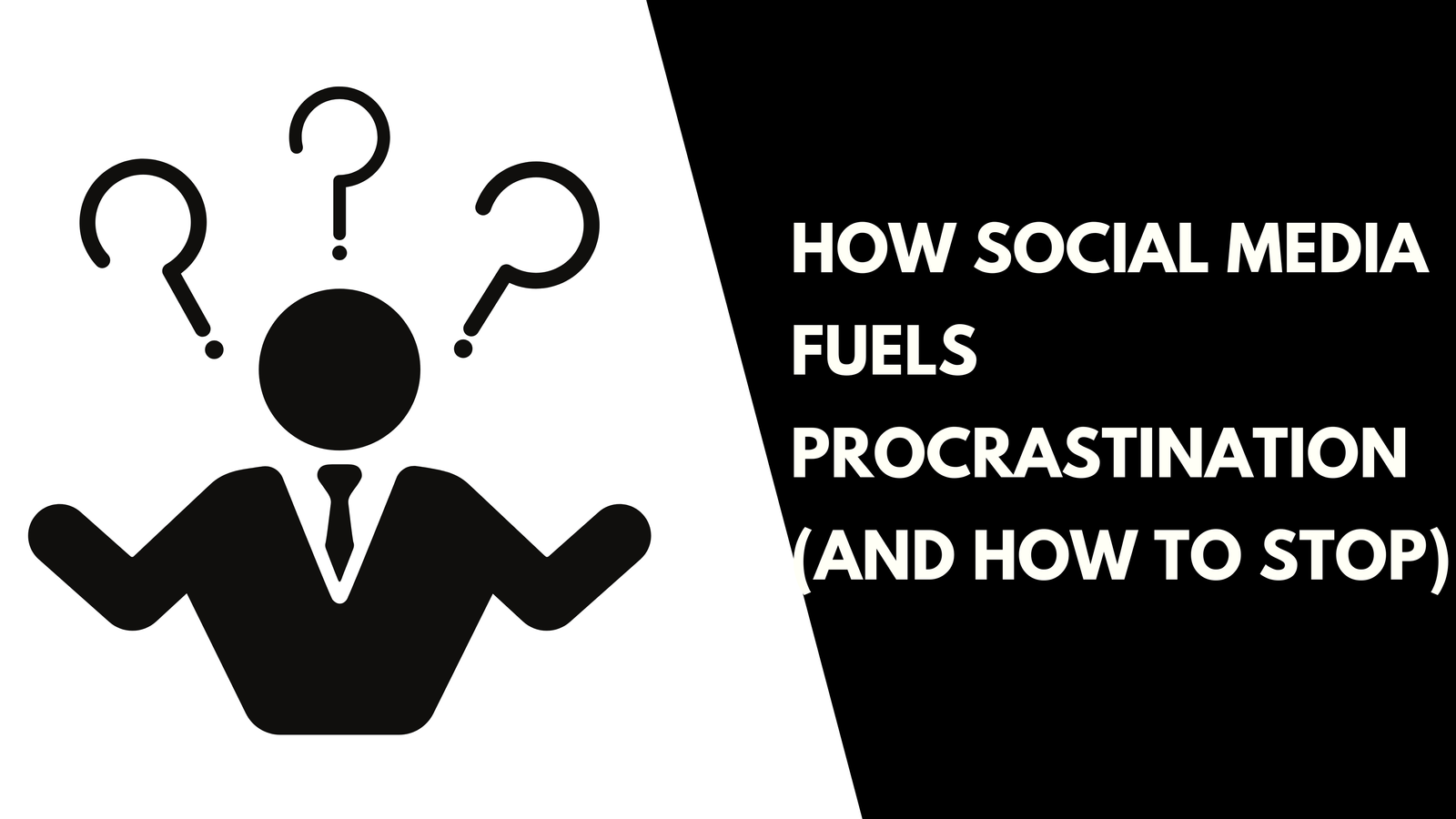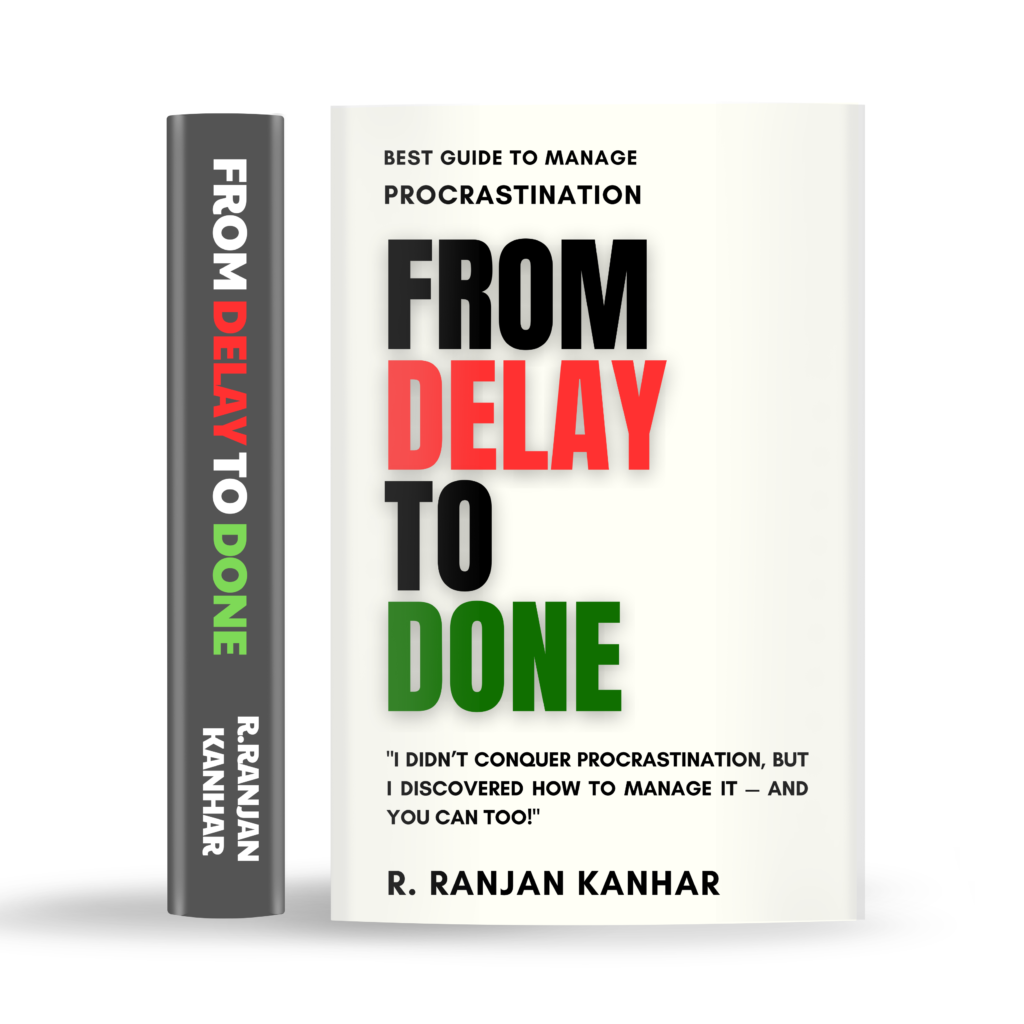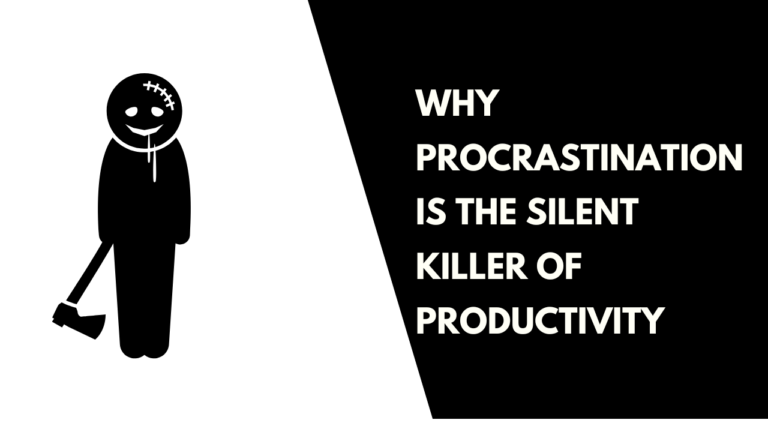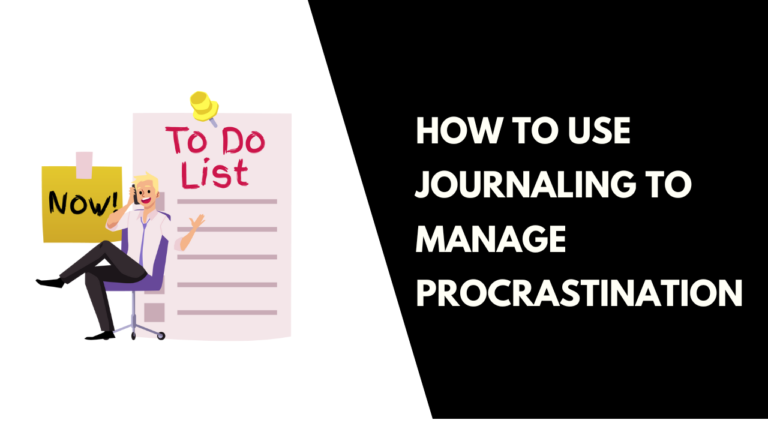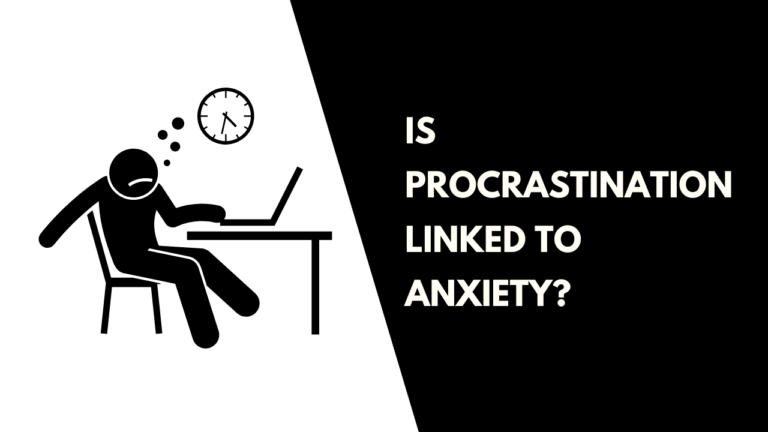How Social Media Fuels Procrastination (and How to Stop)
How Social Media Fuels Procrastination (and How to Stop)
Introduction
Have you ever sat down to complete a task only to realize you’ve spent an hour scrolling through social media instead? Don’t worry, you’re not alone. Procrastination has been around forever, but social media has amplified this issue to new heights. Platforms like Instagram, TikTok, and Facebook are engineered to grab your attention and keep you scrolling, and before you know it, the day has slipped away.
Table of Contents
ToggleBut why does social media fuel procrastination, and how can you stop it? This blog post will dive into these questions, providing actionable steps to help you take control of your time.
Understanding the Link Between Social Media and Procrastination
What is Social Media Procrastination?
Social media procrastination refers to the habit of delaying important tasks by spending time on platforms like Facebook, TikTok, or YouTube. It’s when you tell yourself, “I’ll just check Instagram for five minutes,” and an hour later, you’re still scrolling through reels or reading comments on viral posts. Sound familiar?
Examples of Social Media Procrastination:
- Watching one YouTube video and ending up binge-watching a whole series of recommended videos.
- Checking Twitter during a work task to “relax” but getting lost in trending hashtags.
- Getting sidetracked on Facebook by notifications or random posts.
Why Does Social Media Encourage Procrastination?
The Addictive Design of Platforms
Social media apps are intentionally designed to capture your attention. Features like endless scrolling, autoplay videos, and curated feeds are meant to keep you hooked for as long as possible. Every time you refresh your feed, your brain anticipates something new and exciting—making it hard to stop.
The Psychology of Instant Gratification
Social media provides quick rewards: a like, a comment, or a share delivers a rush of dopamine. This makes it far more appealing than tackling challenging or time-consuming tasks. Over time, this can create a cycle where social media becomes a go-to escape from responsibilities.
How Social Media Fuels Procrastination
Endless Scrolling: The Rabbit Hole Effect
Have you ever started scrolling with the intention of just checking a notification, only to find yourself still scrolling 30 minutes later? This is called the “rabbit hole effect,” and it’s one of the main ways social media consumes your time. Platforms are designed to keep feeding you content, making it nearly impossible to stop once you’ve started.
Fear of Missing Out (FOMO)
FOMO is a powerful force driving procrastination. The idea that you might miss an important post, event, or update compels you to check your social media constantly, even during critical tasks.
Social Validation Loops
Social media thrives on social validation. The likes, comments, and shares you receive make you feel appreciated and connected. This creates a cycle where you keep checking for more validation instead of focusing on work.
Notifications and Distractions
A single notification can pull your focus away from an important task. Whether it’s a “ping” from Instagram or a trending alert on Twitter, these interruptions make it hard to stay productive.
The Time-Sink Effect
Social media’s “quick break” mentality often leads to hours of wasted time. What starts as “just 5 minutes” can quickly snowball into a significant loss of time, affecting your ability to complete tasks.
The Impact of Social Media Procrastination on Daily Life
Lower Productivity Levels
When you procrastinate, your to-do list grows longer and more overwhelming. The more time you spend on social media, the less time you have to work on meaningful tasks, which can lead to missed deadlines and reduced productivity.
Increased Stress and Anxiety
Procrastination often creates a cycle of stress. The guilt of not completing tasks combines with the anxiety of looming deadlines, making you feel trapped.
Negative Effects on Mental Health
Excessive social media use has been linked to mental health issues like depression and loneliness. Constantly comparing your life to the curated highlights of others can leave you feeling inadequate and unmotivated.
Strained Personal and Professional Relationships
Procrastinating on responsibilities—whether at work or at home—can harm relationships. Missing deadlines or neglecting quality time with loved ones due to social media can strain connections.
How to Stop Procrastination Caused by Social Media
The good news is, procrastination isn’t permanent. With the right strategies, you can reclaim your time and improve your productivity. Here’s how:
Set Clear Boundaries
Establish clear rules for when and how you use social media. For instance, you might decide to avoid checking your phone during work hours or before bed.
Time Limits and Usage Tracking Tools
Use tools like Screen Time (iOS) or Digital Wellbeing (Android) to track and limit your time on social media. Apps like RescueTime can also show you how much time you spend on different platforms.
Turn Off Notifications
Disable non-essential notifications to reduce distractions. You don’t need to know every time someone likes your post or comments on your photo. Turning off alerts helps you stay focused.
Prioritize Tasks with Time Blocking
Time blocking is a productivity technique where you allocate specific blocks of time to complete tasks. For example, dedicate one hour to work without interruptions, followed by a 10-minute break. This structured approach reduces the chances of procrastination.
Use Social Media Strategically
Instead of aimlessly browsing, use social media with a purpose. Decide what you want to achieve—whether it’s checking updates, networking, or relaxing—and stick to it.
Allocating Intentional Browsing Time
Set aside specific times in your day to check social media. For instance, you could allocate 15 minutes during lunch and 15 minutes in the evening.
Practice Mindfulness
Mindfulness can help you become more aware of your procrastination habits. By recognizing when and why you turn to social media, you can make more conscious choices about how you spend your time.
Replace Social Media with Productive Habits
Replace the habit of scrolling with activities that add value to your life. This could be reading a book, exercising, journaling, or pursuing a hobby.
Examples of Productive Alternatives:
- Pick up a creative hobby like painting or cooking.
- Spend time outdoors to relax and recharge.
- Join a class to learn something new.
Tools and Apps to Help Reduce Social Media Procrastination
Technology can be part of the solution. Here are some tools to help you stay focused:
App Recommendations for Time Management
- Focus@Will: Combines productivity music with time management tools.
- Todoist: Helps you organize and prioritize your tasks.
Apps That Block Social Media Distractions
- Freedom: Blocks access to specific websites and apps during designated times.
- StayFocusd: Limits the amount of time you can spend on distracting websites.
- Cold Turkey: Allows you to block distractions entirely when you need to focus.
Building a Healthy Relationship with Social Media
Understand the Purpose of Your Social Media Use
Ask yourself why you’re using social media. Are you looking for entertainment, connection, or something else? Clarifying your purpose can help you avoid unnecessary scrolling.
Engage in Meaningful Activities Offline
Social media can never replace real-life connections. Spend quality time with family and friends, explore hobbies, or volunteer in your community to create a more balanced life.
Conclusion
Social media fuels procrastination, but it doesn’t have to control your life. By understanding its impact, setting boundaries, and using productivity tools, you can take back control of your time. The key is balance—using social media as a tool rather than letting it become a distraction. Remember, every minute you spend scrolling is a minute you could use to grow, learn, or achieve something meaningful. Take the first step today and reclaim your productivity!
FAQs
1. What are the signs that social media is affecting my productivity?
Frequent distractions, unfinished tasks, and spending more time scrolling than working are common signs.
2. Can social media ever be productive?
Yes, when used intentionally for networking, learning, or relaxation, social media can be a valuable tool.
3. How can I balance social media usage and work?
Set time limits, use productivity apps, and allocate specific times for browsing social media.
4. Are there specific apps to block social media distractions?
Absolutely! Apps like Freedom, StayFocusd, and Cold Turkey can help limit access to social media during work hours.
5. How long does it take to break the habit of social media procrastination?
It varies, but consistent effort for 21-30 days can help you build new, healthier habits.
“Stop postponing your dreams! From Delay to Done is your ultimate guide to conquering procrastination. Grab your copy today on Amazon!
